Unimaginable Road Terror: "The Rock Hit My Head with Force. I Felt Like All My Bones Were Coming Out of My Face"
Faiga and Michal survived a brutal stone attack, and Emuna experienced an explosion from a nearby explosive device. Their bodies remained intact, but their spirits shattered to pieces. Since then, they confront trauma and fear daily, yet despite the challenges, they refuse to give up on life.
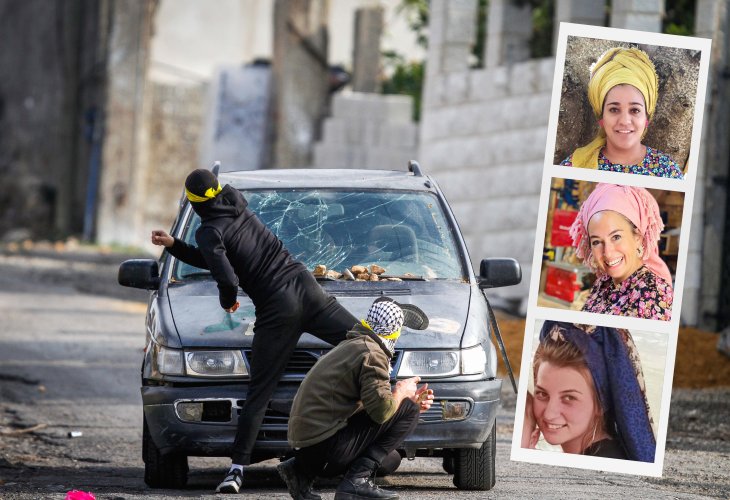 (Photo illustration: Nasser Ishtayeh / Flash90)
(Photo illustration: Nasser Ishtayeh / Flash90)You haven't heard about them in the news, and even if you have, it might have been just a few brief mentions. Women who were nearly murdered on the road, while the world continued as usual. Faiga and Michal went through a brutal stone lynching, Emuna experienced a bomb explosion next to her. They weren't severely injured; their bodies healed, but their spirits shattered to pieces. Stress, anxiety, and helplessness have since taken up a significant place in their hearts. They have been collecting these heart fragments, piece by piece, in their daily struggle, choosing to live every day anew.
Stone Barrage
Michal Marzel and Faiga Korubi, kindergarten teachers residing in Yitzhar, will never forget the difficult event they experienced about a year and a half ago. "We were at a kindergarten training session and around eight in the evening we started our way back home," Michal begins. "We got near the village of Huwara, where the main road to our home passes. The road was quiet that evening, contrary to the usually lively traffic. Normally, there are also military forces there, but at that hour there wasn't a single soldier. Later, we found out the soldiers had to go handle another disturbance event. The moment we entered the village, we heard loud explosions, and I still didn't understand their meaning. I stopped the car for a second, and immediately heard Faiga shouting at me, 'What are you doing? Drive!' Only after the windshield was completely shattered did I understand stones were being hurled at us. Above, I saw a Molotov cocktail fly over and land on the other side of the car."
The event, which seemed like eternity, didn't end there. Faiga, sitting next to the driver, was hit by a large stone on her head. "I screamed in pain, feeling immense pressure in my head, as if all the bones were coming out of my face," she describes. "Additionally, I was full of glass from the shattered window. I looked at myself and saw I was covered in blood. I heard Michal calling me to call for help, but I couldn't respond. Seconds later, I lost consciousness."
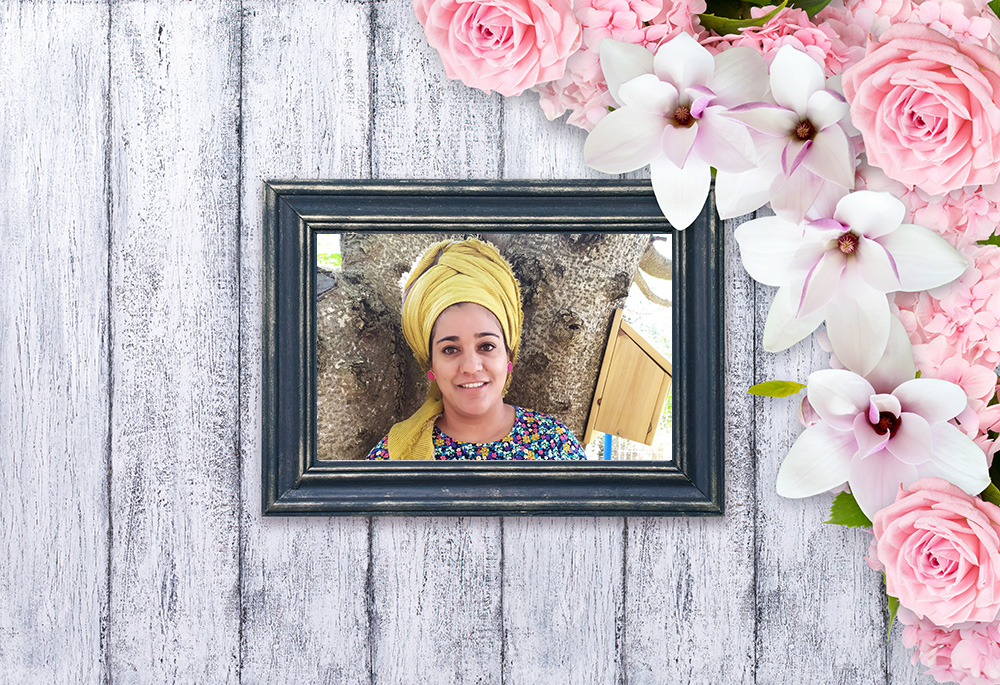 Michal Marzel
Michal MarzelMichal, who realized she was left alone, didn't lose her composure. "I had no choice but to regain control quickly," she recalls. "The cell phone fell beneath my feet, and while driving through the shattered glass, there was no chance of finding it. So I continued driving relatively slowly to prevent the shattered windshield from falling on us. At the next roundabout, a large car blocked the road. The curb of that roundabout was relatively high, but I had no choice. I quickly climbed it, hitting my car, just to escape the place. At the next roundabout, a dazzling red car blocked the road again. I still remember the malicious grin of the driver sitting there. I quickly bypassed him through the curb, and only then did I find the mobile device and called a friend from the village to call for help. When I reached the edge of the village, at the junction leading to Yitzhar, I dared to stop. I thought help would already be there, but it took a bit more time. I shouted to Faiga to answer me, and I got no response."
In the long minutes Michal waited for assistance, she decided to block the road so someone would stop and help her. "A trail of Arab cars began forming behind me, and out of a sense of helplessness, I stood and shouted at them. I felt the need to regain some of my trampled dignity. Very soon after, people from the village arrived, followed by an ambulance and military forces. Faiga, who had meanwhile regained consciousness, was evacuated to the hospital, and I received treatment on the spot. We later discovered that 15 large stones hit the car."
When Faiga arrived at the hospital, the magnitude of the miracle was revealed. "I came with excruciating pain in my head and immediately underwent a series of tests," she describes. "Afterwards, and after the cut on my head was stitched, the doctor told me it was a great miracle. The stone hit a place that was one millimeter from the nervous system. Had it reached there, I could have ended up paralyzed, mentally impaired, or worse."
"What Did You Go Through After All?"
That evening, Michal was still unable to process the terrible incident. "I was in total disorientation, unable to function or understand what was happening to me," she says. "A few days later, I still couldn't return to work. That event felt eternal to me - alone on the road, having to maintain control, with a friend I didn’t know the condition of beside me. Even weeks later, I hadn't returned to normal functioning. I had to organize the kindergarten's end-of-year party, and I just couldn't do it properly."
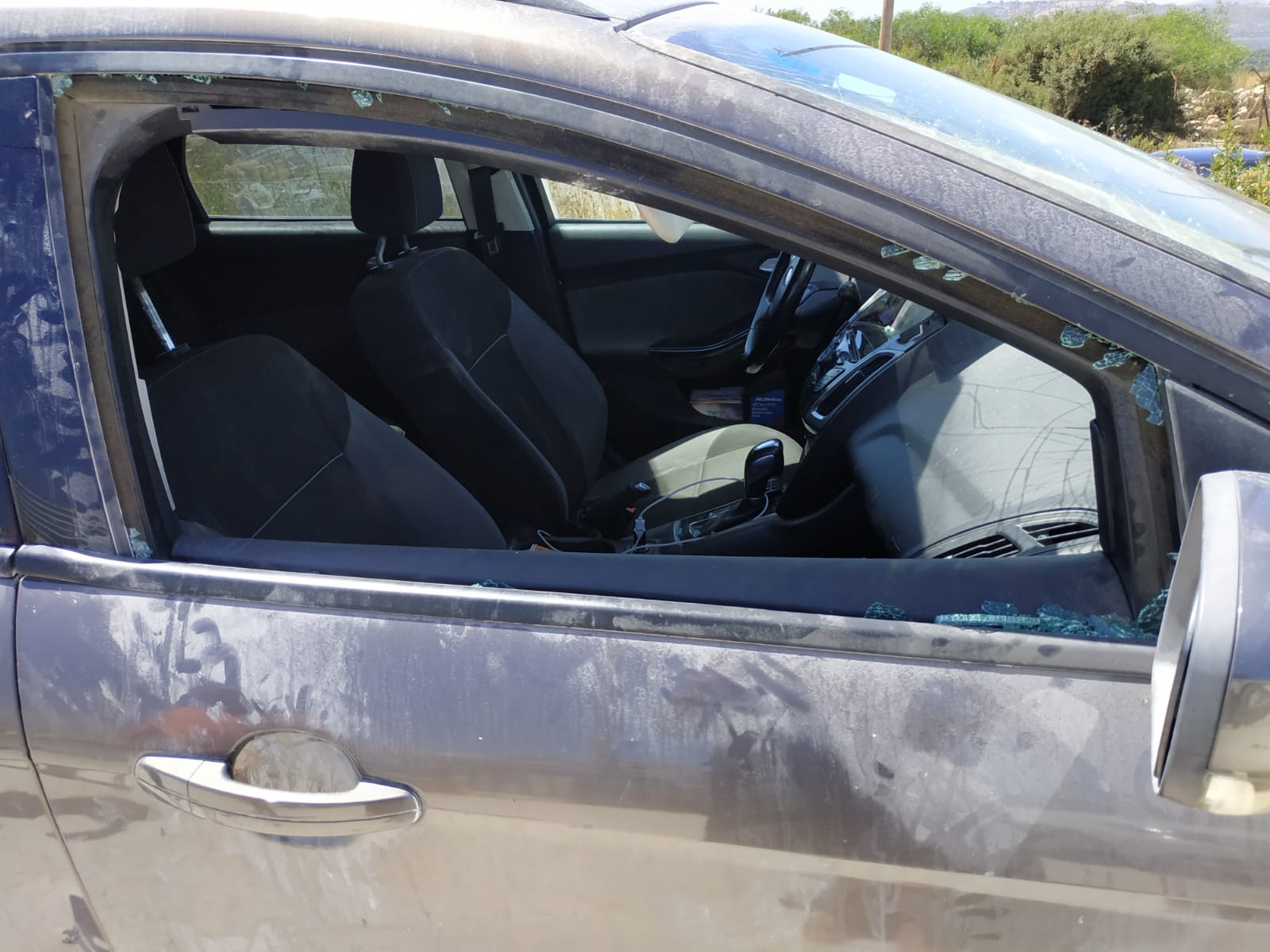 Michal's Car
Michal's Car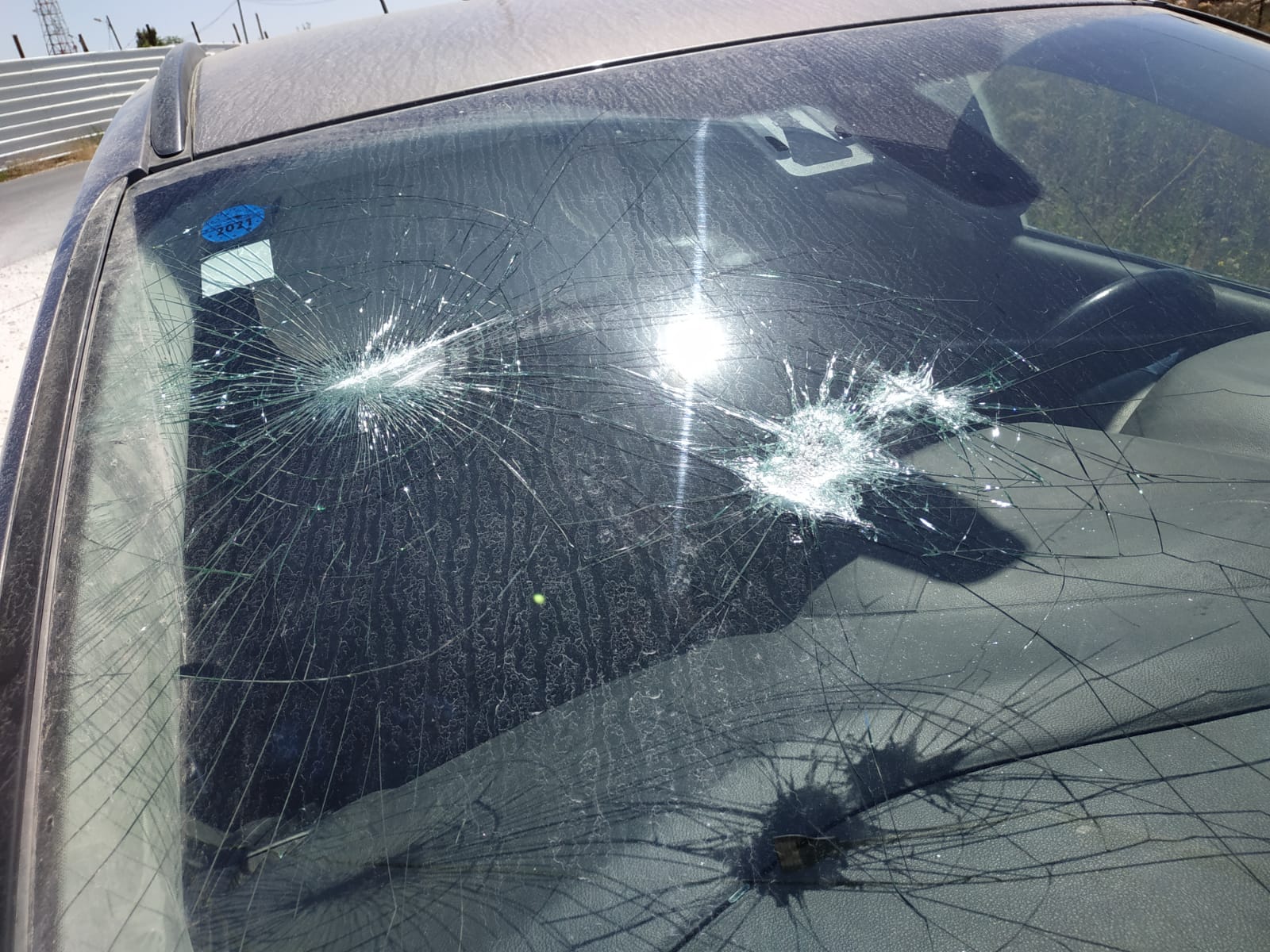
How did you cope with the difficulty?
"At first, I pushed myself a bit to get back to routine. I told myself, 'What did you really go through? Just stone-throwing. No one died and everything's okay. And anyway, you’re not the first to go through this, so why make a big deal out of it?' I thought it ended there and struggled to accept the fact that I needed to make a stop in life and address my shattered spirit that went through this trauma."
Only over time did Michal realize just how significant the upheaval she experienced was. "For a period, I couldn't sleep at night. My mind constantly replayed the event, and I repeatedly saw the bright red car blocking me. Additionally, I couldn't return to the place where we passed that evening, despite it being one of two ways to reach our village. When I had no choice but to drive, I found myself extremely agitated and frightened on the road. Since then, I've been constantly tense, fearing a repeat incident. I also stopped my studies to avoid travelling alone. When there's no choice, I drive with great difficulty, often feeling dizzy and chest pains."
After all this, what ways have you found to cope?
"First of all - release. I talked a lot about the event with close friends, especially Faiga. The feeling of having a supportive circle around me helped a lot. In addition, instead of drowning in dark thoughts, I learned to confront them and bring positive thoughts against them. Regarding emotional therapy, initially, I rejected the idea with various excuses, but over time I understood I hadn't acted correctly. I realized that seeking assistance as soon as possible is good and right, otherwise the difficulty only grows. And finally, what helped me the most was strengthening my belief in the Creator. Knowing that He's in control of everything, and as He was with me during the event, He's with me now."
Did you feel His presence during the event?
"During the horrific incident, I felt a divine spirit surrounding and protecting me. It was in the small moments - seeing the Molotov cocktail fly over us without hitting, finding the cell phone amidst all the shattered glass and being able to dial my friend's number automatically, despite the shock. And most of all - in the fact that Faiga wasn't seriously hurt. All these points of providence and the feeling of the Lord's closeness at those moments walk with me to this day."
What about feelings of insult?
"They certainly exist. The incident itself was extremely humiliating, and on top of that, the state's apathy towards it. But in contrast, I feel I must do my part - continue living, reside in my village, pray to the *Hashem* and even vote in elections. Nothing can completely erase the insult at the moment, but what I can do gives strength."
Severely Wounded Spirit
Faiga's feelings after the event are similar to those of her friend. "A moment before, I was talking to my kids on the phone and suddenly found myself injured in the hospital," she recalls. "Life has since changed drastically. I became filled with fears and anxieties, unable to sleep at night. There were also nights when I'd wake up from flashbacks of the event, feeling as if stones were being thrown at me again. I became constantly alert, and every little thing led to fear and tears. I remember one time when my daughter fell on a wooden plank and got a small cut. I panicked and started crying; I couldn't help her. My husband found it hard to deal with the situation, especially when he had to leave work because of the cut. It was a frustrating moment for him, adding to many such moments as our lives changed."
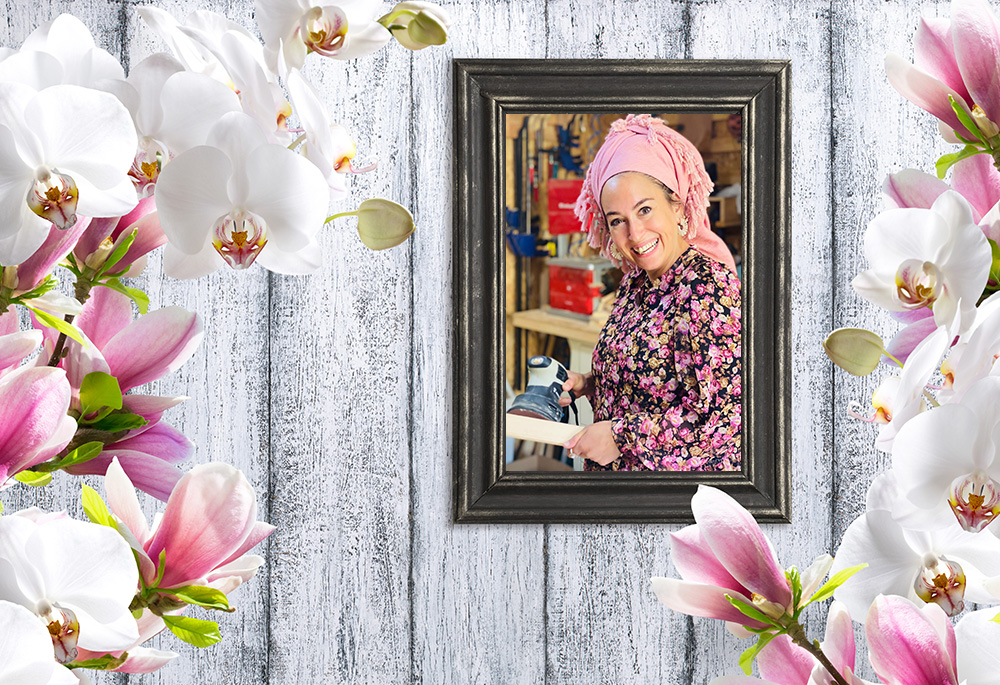 Faiga Korubi
Faiga KorubiA week after the event, Faiga returned to the village. "My husband informed me we were going there for corrective experience. The drive to Huwara was very unsettling for me, and when we got there, we said a Psalm of Thanks. It was important, yet I haven't dared drive there myself since, and during rides, I'd lower my head and withdraw in fear."
How did you cope with all the difficult feelings?
"I turned to the Resilience Center, which is intended for terror victims, where I did internal work to learn how to accept the anxieties. I know today to tell myself it's okay to cry and fear, and I work through breathing to calm the anxieties. Conversely, I've discovered my strengths and learned to use them to regain calm and serenity. I also made a list of what's good for me to help transition back to life. There was a time, for example, when I'd withdrawn and avoided contact with people, and at a certain point, I realized I needed to return to social life. So I started attending a Torah class I used to go to before the incident, and slowly opened up again to friends. Additionally, I decided to avoid listening to the news altogether. Sometimes, I struggle with the idea of not sharing in the pain of the Jewish people, but I understand internally that I must protect my broken spirit that cannot currently cope with harsh news."
Another thing that helps Faiga is looking at the kindness within the struggles. "After all, I came out healthy and whole from the event, with only a small scar that's barely visible. This feeling, that someone is watching over me from above, and watched over even there, during the event itself, gives strength. It's what holds me throughout."
However, Faiga's trembling voice as she speaks attests to the internal fracture she still experiences. "I am a very happy person, and from the outside, you no longer see the pain, but yes - it still exists within me, and I am still coping. With the few words the news used to describe the event, it mentioned I was lightly injured. Sometimes it makes me laugh - this experience shook my entire life, and that's a light injury?! In terms of the spirit, it was a serious injury. So yes, I know how to cope better today, but every time the security situation deteriorates, the difficulty within me is also awakened. Trauma never goes away, but you can get tools to manage it better."
Not Willing to Be a Victim
Emuna Sons also experienced road terror. "It happened about a year and a half ago; we were traveling from our home in Ma'ale Shlomo to my father's thanksgiving party," she recounts. "Along the way, on the road near the village of Al-Mu'ayir, we saw a burning tire ahead of us. We've already passed by burning tires in the past, and did so quickly, but for some reason, this time I asked my husband to slow down the car. At that moment, the tire exploded, and we saw a ten-meter-high column of fire ahead. Apparently, there was an explosive device inside the tire. The shrapnel flew in all directions, except towards us. If we had driven faster, I don't know what state we'd be in today."
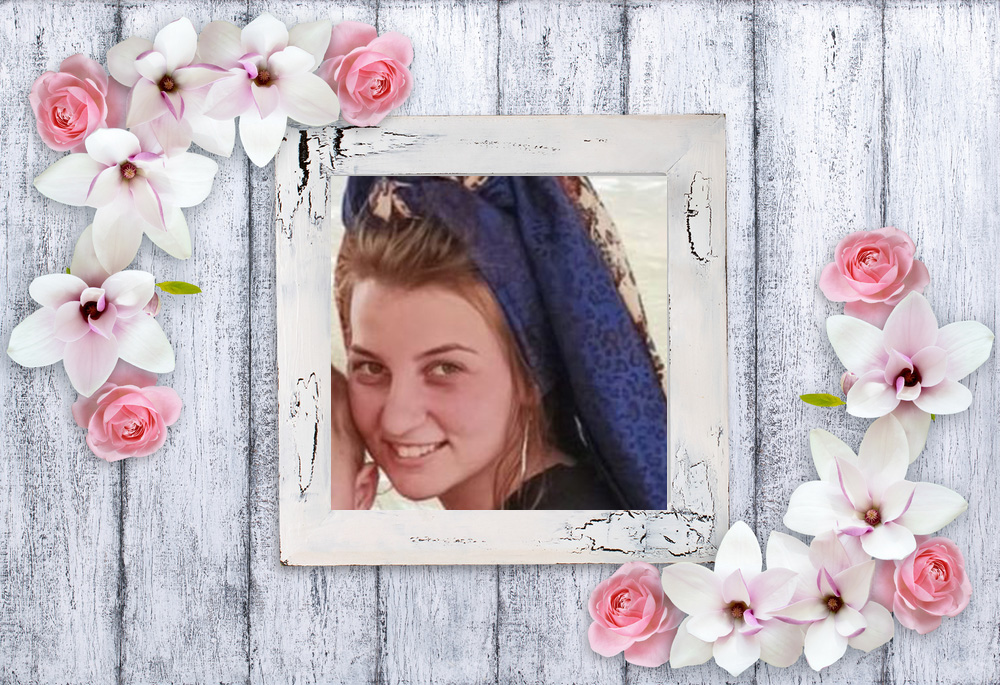 Emuna Sons
Emuna SonsIn the initial moments, Emuna and her husband were in utter shock. "The mind can't process what the eyes see. It takes time to sink in. We continued driving quickly to reach the party, and during the trip, we engaged in a series of calls with military and security personnel."
A few days later, the nightmares began. "My mind drifted to the worst scenarios, all the possible ways of dying ran through it," she recalls. "I found myself startled by every little noise, locking the house door, yet still feeling unprotected. At some point, I slept with a hammer by the pillow, in case someone would intrude the house. Security incidents continued to occur, and each one made me feel how close the danger really is. Later, the anxiety hit. The peak was a panic attack where I felt I was about to run out of air and no one was there to help."
At this point, Emuna realized she had to treat herself. "I decided I wasn't willing to be a victim of what happened, I wasn't willing to let them take away my sense of security. I talked about it with friends, and we decided to open a regular Torah class at the location of the incident. So we went there weekly, a group of women and children. It's important to note that this is a main route used by thousands every day on their way to Jerusalem. We came and showed simple, unapologetic Jewish presence in the area. This overturned the situation where the enemy takes away my sense of security, and I created it for myself. I deserve to feel safe on the road, returning from kindergarten and work. The sessions we consistently held for a long time helped raise awareness that we don’t accept or tolerate terror, and also personally helped me defeat my demons and regain control over my life. Today, I travel that road, more alert, but I am not giving up."

